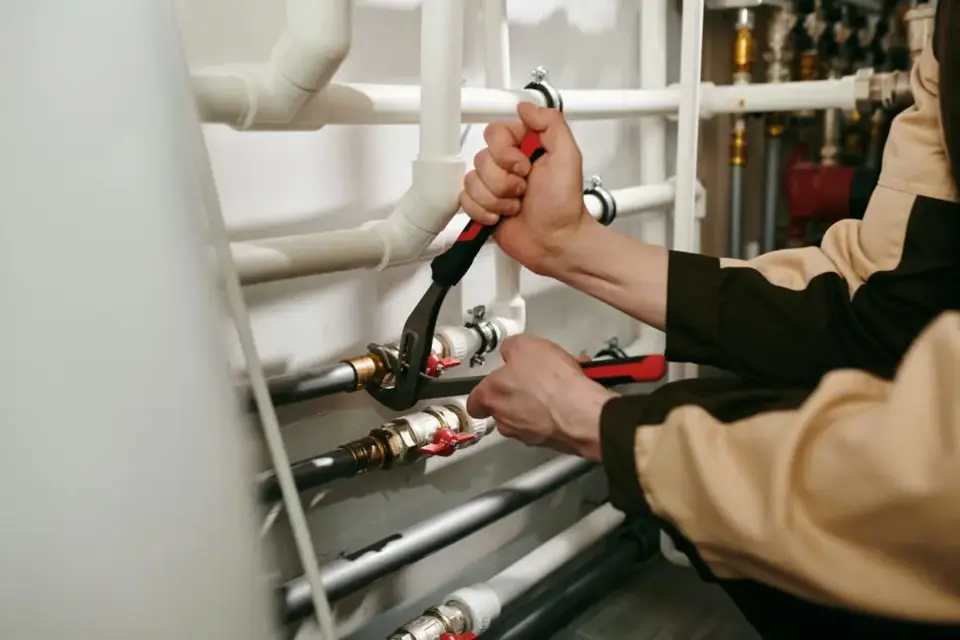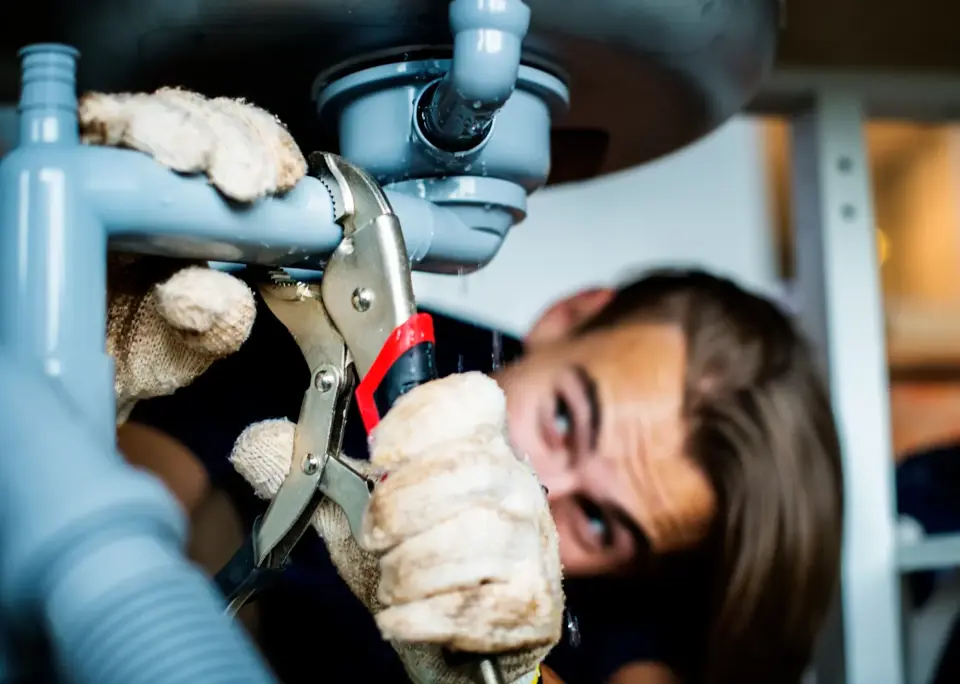Boilers are an essential part of many homes, providing heat and hot water when needed. But like any appliance, they can develop issues over time. When a boiler isn’t working properly, it can lead to discomfort, higher energy bills, and even safety concerns. Knowing the early signs of boiler trouble can save you time and money on costly repairs.
In this article, we’ll explore the common signs that your boiler might need fixing. We’ll go through each symptom in detail so you can understand what to look for and when it’s time to call in a professional.
Unusual Noises Coming from the Boiler
Boilers are usually pretty quiet, so when you start hearing strange noises, it’s a sign something might be wrong. Different noises can point to different issues. For example, if you hear a banging or knocking sound, it might mean there is air trapped in the system or a buildup of limescale. This can cause uneven heating and stress on the boiler.
A whistling or kettle-like sound, often called “kettling,” usually indicates that there is a problem with water flow in the heat exchanger. This can cause the water to overheat and turn to steam, leading to the whistling noise. Kettling should be addressed quickly because it can seriously damage your boiler over time.
Rumbling noises are another sign to watch for. These often mean there’s a problem with the burner. It might not be burning fuel properly, which can be both inefficient and dangerous. Any unusual noise is a good reason to call in a professional to take a look and ensure it’s not something that could turn into a bigger problem.
Inconsistent Heating or No Heat
One of the most obvious signs your boiler needs a fix is inconsistent heating or no heat at all. If you notice that some rooms are warmer than others or it takes a long time to heat up, your boiler might be struggling. This can be caused by a variety of issues, such as thermostat problems, broken pumps, or blockages in the system.
A simple check you can do is to feel the radiators. Are they getting warm evenly? If some areas are cold while others are hot, there might be an airlock or sludge buildup in the radiators. Bleeding the radiators can sometimes fix this issue, but if the problem persists, you likely need professional help.
If your boiler isn’t providing any heat at all, it could be a more serious issue, such as a failed pilot light, a broken thermostat, or an issue with the fuel supply. In some cases, resetting the boiler can solve the problem. However, if it continues, you should contact a technician to diagnose the issue and perform any necessary repairs to get your system back to normal.
Leaks and Drips Around the Boiler
Finding leaks or drips around your boiler is a clear sign that something’s wrong. Even a small amount of water can mean big trouble. Leaks can be caused by a variety of issues, such as corroded pipes, faulty pressure valves, or loose connections. If you notice any water around your boiler, it’s crucial to address it quickly to prevent more severe damage and potential safety hazards.
Check for visible signs of leaking, such as puddles or damp patches around the boiler. Sometimes, leaks can happen inside the boiler, making them harder to spot right away. You might notice a drop in boiler pressure as a sign of an internal leak. Boilers typically have a pressure gauge that you can check to see if it’s too low.
Apart from water leaks, look out for other fluids like oil, which could indicate a leak in the fuel line. A strong smell of gas should be treated as an emergency, and you should contact a professional immediately. In these situations, turning off the boiler and seeking expert help is the best course of action to ensure everyone’s safety.
Rising Energy Bills Indicate Reduced Efficiency
Another sign your boiler might need a fix is rising energy bills. If you notice a sudden increase in your heating costs without changes in your usage habits, your boiler’s efficiency might be dropping. An inefficient boiler works harder to produce the same amount of heat, causing higher energy consumption.
One reason for reduced efficiency could be that the boiler is getting old. As boilers age, parts can wear down and operate less effectively. Regular maintenance checks can help identify and fix small problems before they turn into bigger, more expensive issues. If your boiler is over 15 years old, it might be time to consider replacing it with a more energy-efficient model.
Other factors contributing to rising energy bills could include dirty burners, clogged filters, or faulty thermostats. Performing routine maintenance and keeping components clean can help your boiler run more efficiently. If you keep up with these tasks but still see your energy bills climbing, it’s probably time to call in a professional to take a closer look.
Conclusion
Keeping an eye out for signs of boiler trouble can save you from bigger problems and higher costs down the road. Unusual noises, inconsistent heating, leaks, and rising energy bills are all indicators that your boiler might need a professional fix. Addressing these issues early helps maintain a comfortable and safe home environment.
For expert help and reliable hot water heat boiler repair service, look no further than Gene Burch Plumbing Heating & Air. Our experienced team is ready to diagnose and repair any boiler issues you might have, ensuring your home stays warm and cozy. Call us today to schedule an appointment and keep your boiler in top shape.






